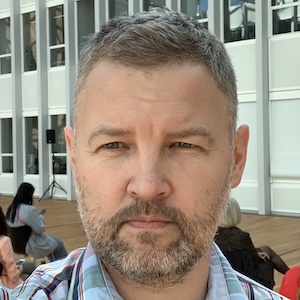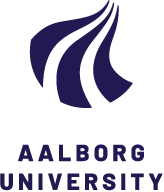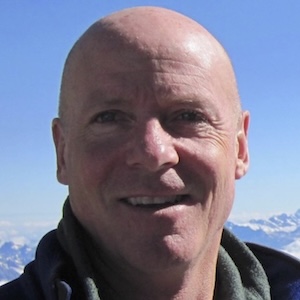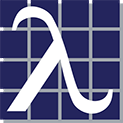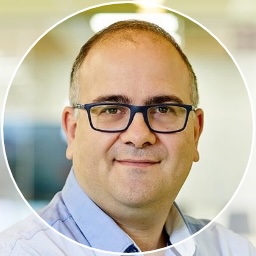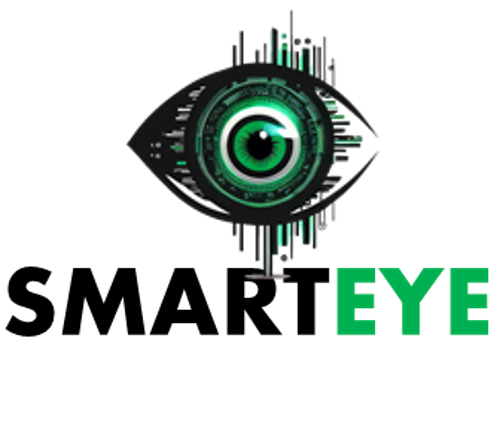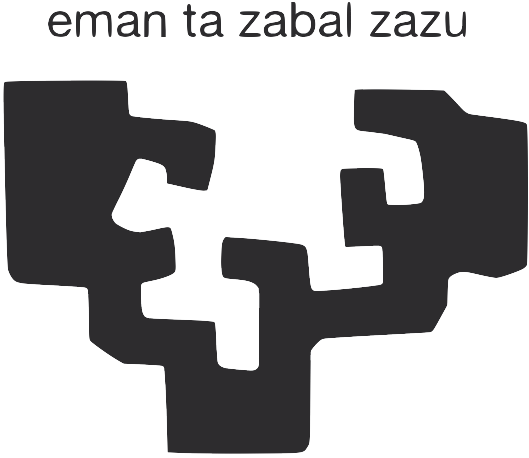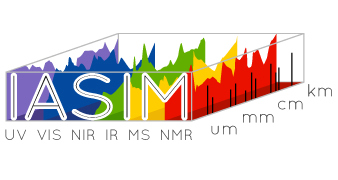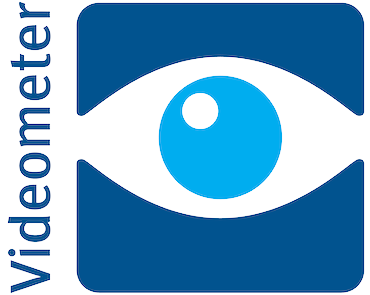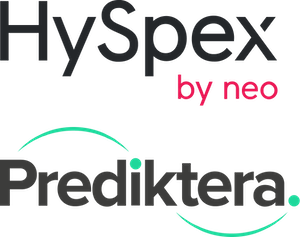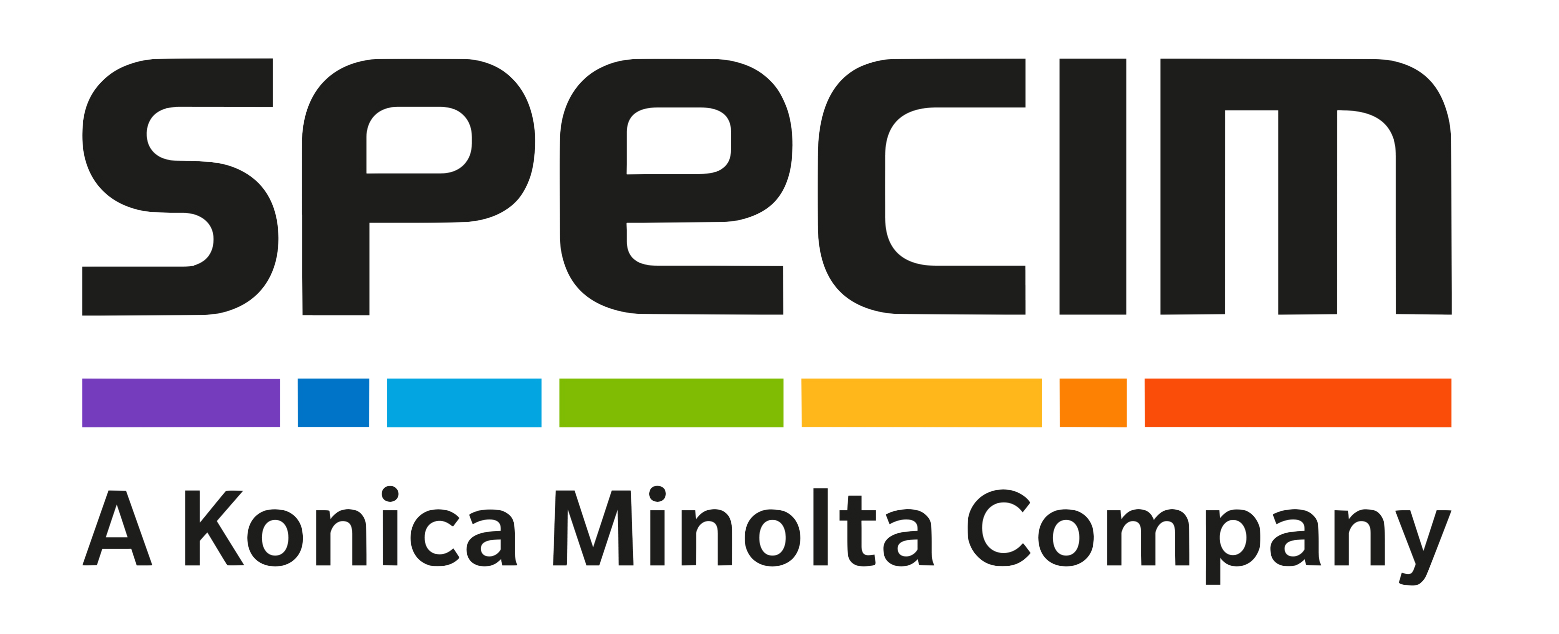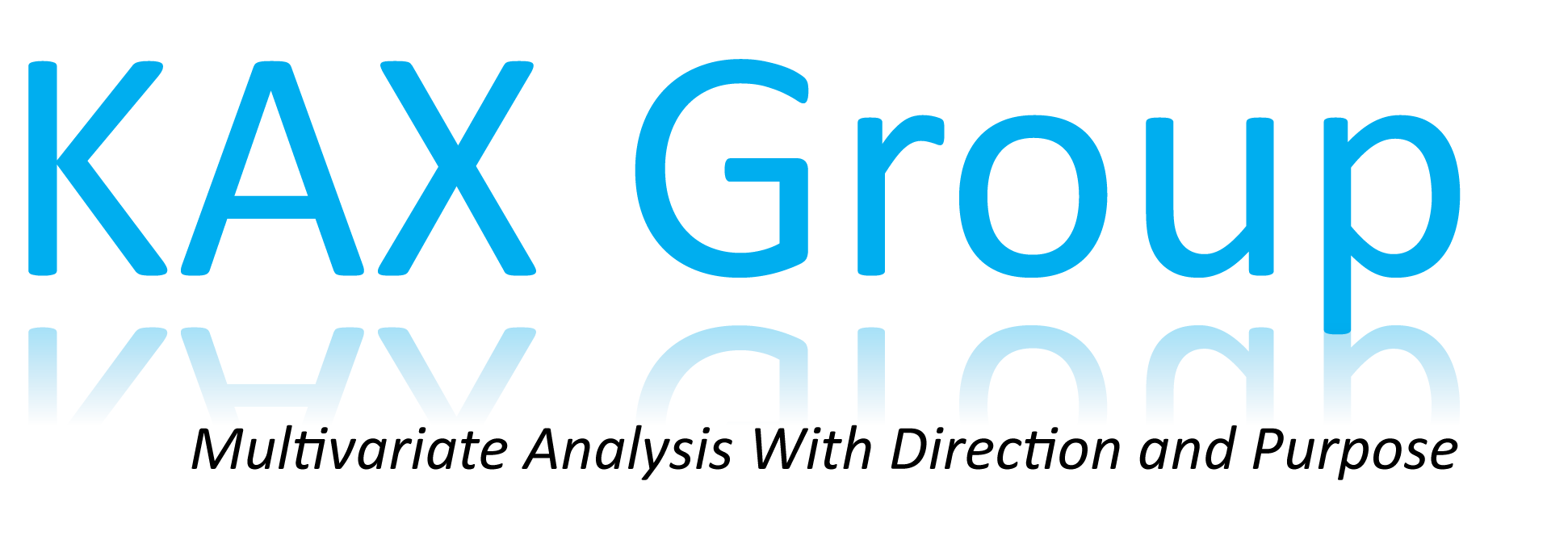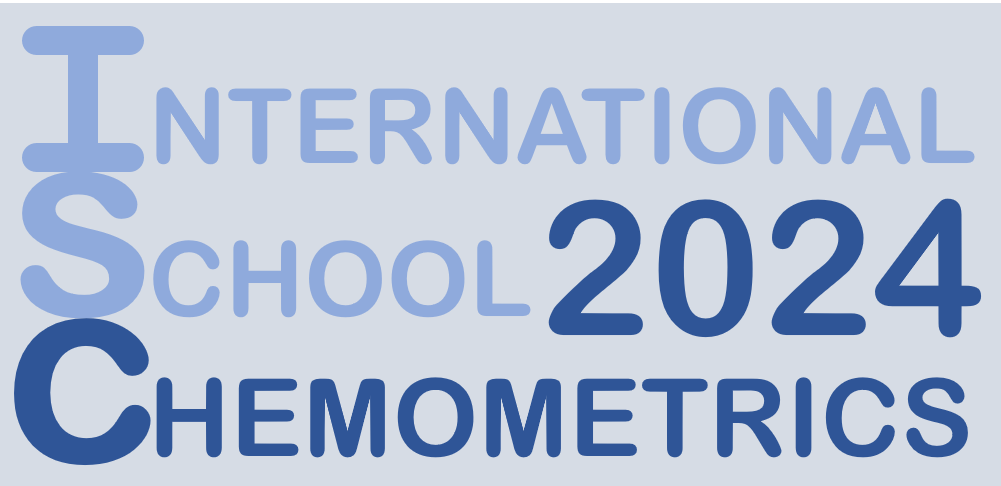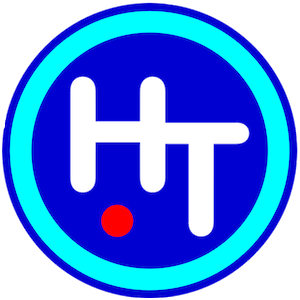IASIM-2024
Conference on spectral imaging
Main activities
Symposium program will include various scientific and social activities. We will start with three workshops, which will take place on 6th and 7th of July. Scroll down for more details. The conference sessions will include a plenary lecture, four keynotes (40 minutes), contributed talks (20 minutes), and poster sessions.
During the conference, an independent scientific panel will evaluate the poster and oral communications of junior participants. The Best Oral Communication Award is kindly supported by Eigenvector Research Inc. (one year licence for SOLO+MIA + some little surprises). The Awards will be given on the last day of the conference.
Conference program
List of posters as PDF: for session P1, for session P2.
| Time | Sat. 6/7 | Sun. 7/7 | Time | Mon. 8/7 | Tue. 9/7 | Wed. 10/7 | |
|---|---|---|---|---|---|---|---|
| 8:00 | Doors Opening / Registration | 8:00 | Doors Opening / Registration | ||||
| . | . | ||||||
| . | . | ||||||
| . | 8:30 | Conference Opening and Plan of the day | |||||
| . | 8:40 | Invited 01 Carolina Santos |
Invited 03 Cristiane Vidal |
Invited 04 Thomas Bocklitz |
|||
| . | . | ||||||
| 9:00 | WS01 | WS03 | . | ||||
| . | . | ||||||
| . | . | . | 9:30 | T0101 | T0201 | T0301 | |
| . | . | ||||||
| . | 9:50 | T0102 | T0202 | T0302 | |||
| . | . | ||||||
| . | 10:10 | HySpex Prediktera |
SPECIM | T0303 | |||
| . | . | ||||||
| . | 10:30 | Coffee Break / Exhibition | |||||
| 10:40 | Coffee Break | Coffee Break | . | ||||
| . | . | Posters P1 | Posters P1 | Posters P2 | |||
| 11:00 | WS01 | WS03 | 11:00 | T0103 | T0306 | ||
| . | . | ||||||
| . | 11:20 | T0104 | T0204 | T0305 | |||
| . | . | ||||||
| . | 11:40 | T0105 | T0205 | T0304 | |||
| . | . | ||||||
| . | 12:00 | T0106 | T0206 | T0307 | |||
| . | . | ||||||
| . | 12:20 | NEWTEC | Kax Group | Lightnovo | |||
| . | 12:30 | Lunch Break / Exhibition / Posters | |||||
| . | . | ||||||
| . | . | ||||||
| 13:00 | WS Break | . | |||||
| . | . | ||||||
| . | . | ||||||
| . | 13:30 | Posters P1 | Change Posters | Posters P2 | |||
| . | . | ||||||
| . | . | ||||||
| 14:00 | WS02 | Social Event 01 | 14:00 | Invited 02 Jose Blasco |
T0207 | T0308 | |
| . | . | ||||||
| . | 14:20 | T0208 | T0309 | ||||
| . | . | ||||||
| . | 14:40 | T0209 | T0310 | ||||
| . | 14:50 | T0107 | |||||
| . | 15:00 | INNO-SPEC | T0311 | ||||
| . | 15:10 | T0108 | |||||
| . | 15:20 | Coffee Break / Exhibition / Posters P2 | Coffee Break / Exhibition / Posters P2 | ||||
| . | 15:30 | Videometer | |||||
| 15:40 | WS Coffee Break | . | |||||
| . | 15:50 | Coffee Break / Exhibition / Posters P1 | |||||
| 16:00 | WS02 | Doors Opening Registration |
. | ||||
| . | 16:10 | T0312 | |||||
| . | . | ||||||
| . | 16:30 | T0313 | |||||
| . | 16:40 | T0109 | Social Event 02 Dinner (until 23:00) |
||||
| . | 16:50 | T0314 | |||||
| 17:00 | Opening Honouring Paul Geladi Welcome Cocktail (until 21:00) |
17:00 | T0110 | ||||
| . | 17:10 | Awards, IASIM-2026, Farewell | |||||
| . | 17:20 | T0111 | |||||
| . | . | ||||||
| . | 17:40 | T0112 | |||||
| . | . | ||||||
| 18:00 | 18:00 | Beer Break by KAX group (until 20:00) | |||||
| . | . | ||||||
| . | . | ||||||
Keynotes
-
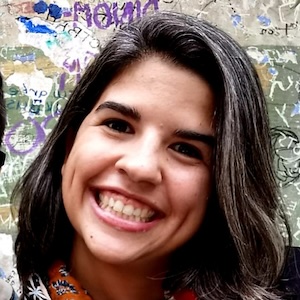
Shedding light on Active Hyperspectral Imaging with Supercontinuum Sources
Carolina Santos Silva
Carolina obtained her PhD in Chemistry at the Federal University of Pernambuco (Brazil). She worked as a post-doctoral in the same institution (2018-2021), and at the University of Malta (2021-2022). She is a research scientist in the Optical Spectroscopy team at the VTT Technical Research Centre of Finland (since 2022). Her background includes the development of innovative analytical solutions to meet society's demands using optical sensors and chemometrics. Fields of application include forensic chemistry, food analysis, mining, etc.
-
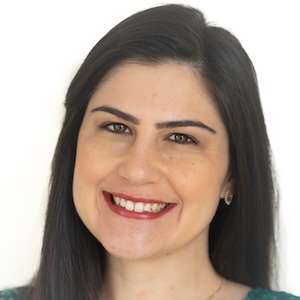
How far can hyperspectral imaging uncover microplastics in the environment?
Cristiane Vidal
Cristiane is from the University of Campinas (UNICAMP), São Paulo – Brazil, where she did her Ph.D. in hyperspectral imaging combined with chemometrics for microplastic identification in beach sand, as well as for food fraud. She has a strong background in environmental analytical chemistry working as a Research Chemist for over 12 years at UNICAMP, collaborating with projects related to emerging contaminants in the environment and hyperspectral imaging acquisition and processing in many areas of study.
-
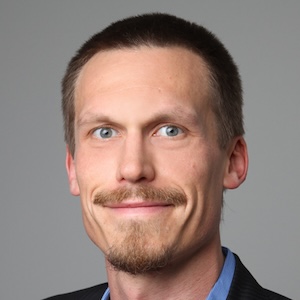
Photonic Data Science. The journey from vibrational spectroscopic data to knowledge
Thomas Bocklitz
Thomas studied physics at the university of Jena, and he received his Ph.D. in physical chemistry/chemometrics from the same university in 2011. In 2013 he became head of a junior research group “Statistical Modelling and Image Analysis” at the university of Jena. Since 2019 he is head of the research department “Photonic data science” at the Leibniz IPHT. His main research area is closely connected with the photonic data life cycle, which contains machine learning and chemometrics based modeling of photonic data. He has published more than 130 publications in peer reviewed journals and gave more than 50 invited talks on conferences. The work of Thomas Bocklitz was award with prestigious awards, like the Bruce Kowalski award in 2015, the Kaiser-Friedrich research-award in 2018 and the ERC Consolidator grant 2022.
-
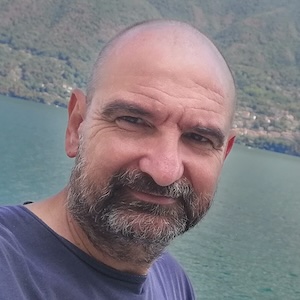
Spectral measurements of agricultural products. Lights and shadows
Jose Blasco
Jose Blasco received his MSc (1994) and PhD (2001) in Computer Science at Universitat Politècnica de València. He worked for IBM Spain (1994-1996) as a system analyst before joining the Instituto Valenciano de Investigaciones Agrarias (IVIA), leading the Laboratory of Computer Vision in Agriculture. His research is focused on developing computer vision, spectral solutions, robotics, and precision agriculture applications for the agri-food sector.
In 2014, he became the head of the Agricultural Engineering Centre of IVIA. Since 2012, he is charing the CIGR International Working Group on Image Analysis and Spectroscopy for Agricultural Products and Processes. He has participated in more than 40 research projects and 13 contracts with companies, obtained 8 patents, published 85 peer-reviewed, 40 extension papers, 20 book chapters and more than 180 contributions and talks at conferences. His work has received awards from the CIGR and EurAgEng.
Workshops
-
1. Image transformations
Sergey Kucheryavskiy
When: 6th of July, 9:00-13:00
Software needed: Python (3.10 or later), Visual Studio Code This workshop is devoted to the basics of digital image processing — image transformations. We will start with brief overview about how digital images are represented, talk about vector and raster formats, compressions, etc. Then we will use Python notebooks and several additional packages (will install everything together on workshop) to learn how to load images, how to work with images as multidimensional arrays, how to do geometrical transformations, arithmetic transformations and convolution of digital images and, finally, how to make a chain of processing units and apply this chain to a batch of images. Most of the examples will be based using conventional RGB images, but, at the end, we will try to apply the learned skills to a hyperspectral images as well. -
2. Hyperspectral and Multivariate Image Analysis
When: 6th of July, 14:00-18:00
Previous knowledge needed: Principal Component Analysis (Multivariate Curve Resolution and Regression would also be useful).
Software: For those interested, instructor lead hands-on examples will be provided using [Solo + MIA_Toolbox] or [MATLAB and PLS_Toolbox + MIA_Toolbox]. Full demo versions can be downloaded at http://www.eigenvector.com/. Hyperspectral imaging provides spatial and spectral information for an imaged sample or scene and multivariate image analysis provides tools for exploring and extracting information from measured images. After a brief introduction to hyperspectral imaging, the course will explain how images are represented in the MATLAB environment. Tools for image exploration will be introduced including principal components analysis, maximum autocorrelation factors, maximum difference factors, multivariate curve resolution and divisive cluster analysis. The course will finish by discussing decluttering and target detection. Decluttering used to enhance and refocus signals in an image, and target detection is used to detect specific analytes of interest within an image. The course content will be useful for those involved in chemical, food, forensics, pharmaceutical and medical imaging, and remote and standoff imaging, -
3. Introduction to deep learning on spectral data
Artzai Picon Ruiz
When: 7th of July, 9:00-13:00
Software needed: Python (3.10 or later), Visual Studio Code This workshop will focus on the use of Deep learning in spectral imaging. First, we will introduce the concepts of Deep learning and how it is applied to signal and spectral imaging for classification, regression or segmentation tasks. We will study which network architectures are more appropriate to each type of task and we will include concepts such as self-supervised learning and finetuning for the reduction of data requirements in these systems. We will apply what we have learned in a small use case.
